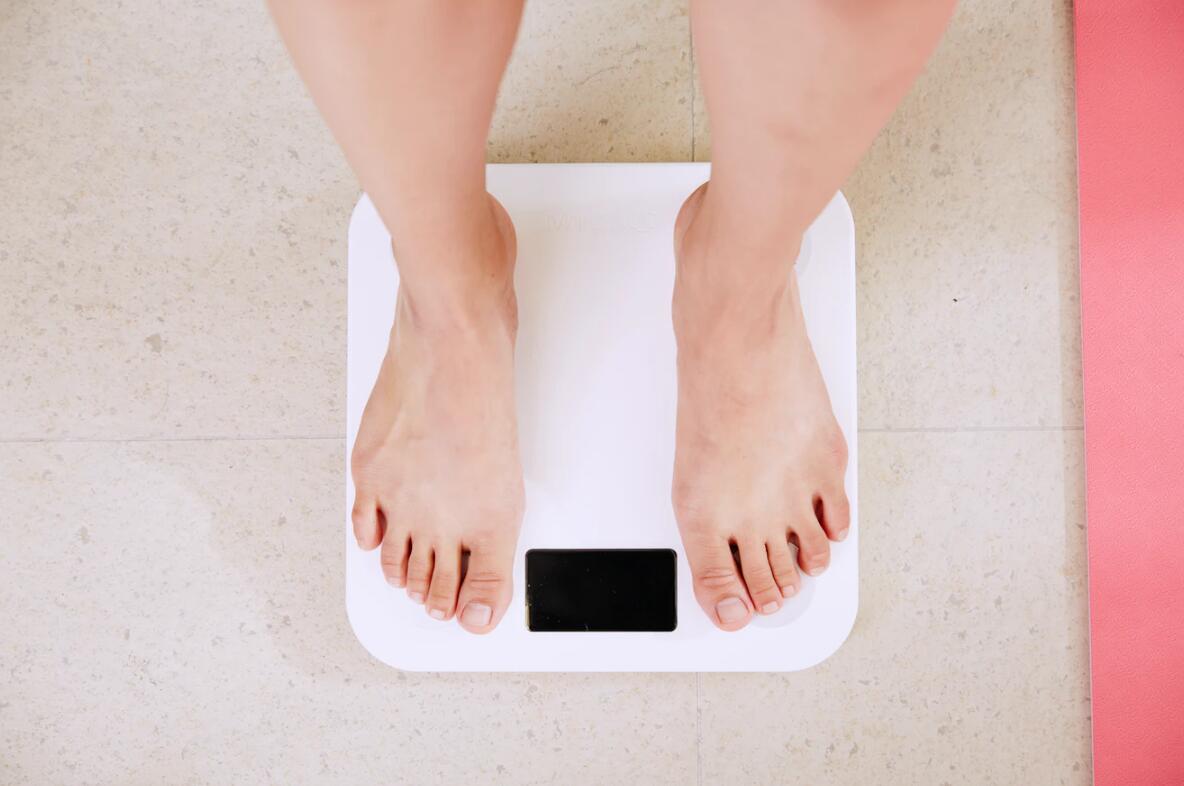Ah, choosing a diet. The only thing more difficult is sticking to the diet you choose. That’s why it’s essential to consider your motivations, your problem areas, your overall goals, and the current status of your health. You can’t jump willy-nilly into a new diet. It’s well and good to research different options, but it’s vital to take stock of yourself, as well. To help you choose a diet that will work for you, here are some tips that invite you to take a deeper look at yourself, your body, and your ultimate desires.
What Are Your Problem Areas?
Almost everyone has a “problem area” when it comes to food. Some folks skip breakfast, which leaves them hangry and prone to snacking all day. Other people have a weakness for fast food that sends their weight over the edge into unhealthy territory. You may eat in bed at night, which is bad for your digestion, your health, and your weight. Perhaps you’re an emotional eater. Targeting these issues will help you pick the right diet. You may discover that you need to trade in the cakes and cookies for snacks that satisfy your sweet tooth in a much healthier, more wholesome way.
Consider Nutrition
Fad diets are just that — fads. Although something like the Keto diet might work for someone you know, that doesn’t mean that you’ll have success with it. Some diets are untenable because they’re too restrictive on an individual level. Rather than focusing on a particular diet, look at your nutritional goals. What do you need? You can fuel your body with plenty of vegetables and lean proteins, which is a solid start. Depending on your health, you may need to avoid too many high-sugar fruits and carbohydrates. Then again, you might be okay eating, say, corn and potatoes. Sometimes, it pays to look toward nutrition before anything else.
Think about Your Health
How is your health? Do you have high blood pressure or cholesterol? A family history of diabetes or heart problems? It may be best to pick a diet that’s designed to make you healthier. For example, if you ever feel weighed down and sleepy after eating bread, pasta, or other carbs, then the Keto diet or another low-carb, low-sugar alternative might be right for you. Keto isn’t great for people who have high cholesterol, but there are alternatives. Talk to your doctor frankly about what you want to achieve with your new diet.
Focus on Your Goals
What are your goals? Why do you want to go on a diet in the first place? If it’s losing weight, then you want to turn to whole foods – lean meats, vegetables, whole grains, and fresh fruits. If you just want to tone, then protein is still a key element. Again, your overall health will play a part in this decision. You might be in a place where whole fat foods are still healthy for you, or you may find that you need to turn to low-fat or no-fat options.
Make It a Lifestyle
It might be a good idea to eschew the idea of a diet altogether. Diets have a beginning but, by their very nature, they often have an end, too. At that point, it’s too easy to gain back all the weight you lost. It’s better to make a lifestyle change — but a sustainable one. At the end of the day, you need to choose a meal plan that you can sustain for the long-term, not something that automatically has an end date or that you can’t keep up with forever.
Now that you understand how to take stock, what diet do you think is right for you? Or would you rather go all-in and change your lifestyle?





